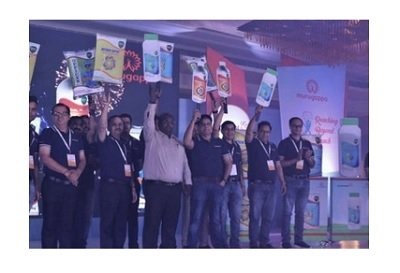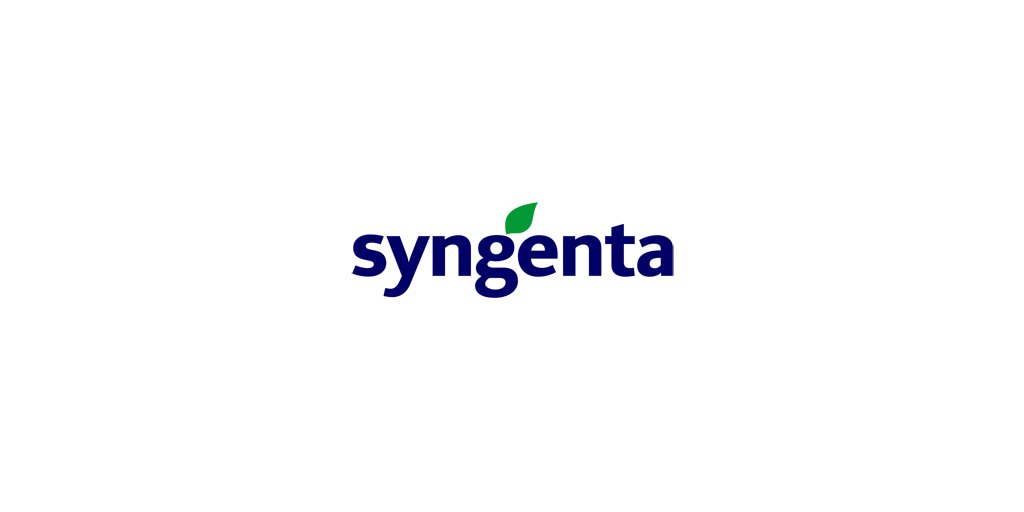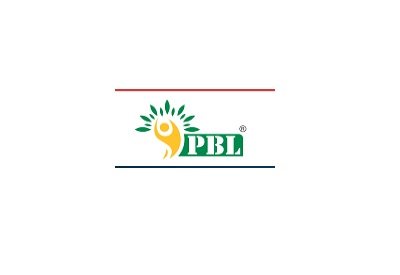CropLife India conducts workshop on Innovative Technologies in crop protection in Telangana
Adoption of IPM & Kisan Drones in the year of Millets were the focal points FPOs targeted for effective knowledge transfer and wider outreach
CropLife India, an association of both Indian and Global R&D-driven crop science organisations, and the leading voice of the plant science industry in India pioneered a workshop on ‘Innovative Technologies in Crop Protection’ in Telangana. The workshop was organised jointly with Foundation for Agriculture Sustainability and Transformation (FAST) and CropLife India. A demonstration of Kisan Drones and its advantages in agriculture along with a discussion on the Importance of Millets for products & Consumers were integral parts of the workshop.
The workshop was held in Warangal Usha Dayal, District Agriculture Officer, Warangal; being the Chief Guest. Dr Damodhar, Principal Scientist, RARS, Warangal; Ramchander Rao Jojula, Asst. Director of Agri (R), FAST Associate; P. Sarangam, Asst. Director of Agriculture (R), Consultant-NFSC and Jaypal Reddy, Farmer Leader, Warangal, addressed the gathering. Apart from them, present on the occasion were national awardee farmers, officials of FAST, Scientists of Krishi Vigyan Kendra and Extension Officers, Farmer Producer Organisations (FPOs), CropLife India member companies and other officials.
Usha Dayal, District Agriculture Officer, Warangal said, “With the introduction of Kisan Drones, they are becoming the Indian farmer’s new best friend which would help in saving time and cost and increasing yield and productivity. The Centre and State Governments are taking all the necessary steps to facilitate the usage of drones.”
Dayal added, “The outreach effort being done by CropLife India towards Integrated Pest Management techniques like the role of beneficial insects including pollinators; judicious and responsible use of crop protection products; secure storage of crop protection products; impacts of counterfeit and illegal products; use of PPE (Personal Protective Equipment); correct spraying techniques and triple rinsing of used containers; are highly beneficial for farmers.”
Durgesh Chandra, Secretary General, CropLife India shared, “We believe that with all the favourable policy support coming in from the Government, the conducive ecosystem needs to be nurtured in order to ensure faster adoption of drones in Indian Agriculture. All the ecosystem stakeholders- Government, Agricultural Universities, Research Institutions, Corporates, Industry Associations, Drone Training Institutes, Drones manufacturers, Drone service providers, FPOs, farmers, Agri & Rural Entrepreneurs, etc. will have to work in tandem towards achieving this.”
Adoption of IPM & Kisan Drones in









